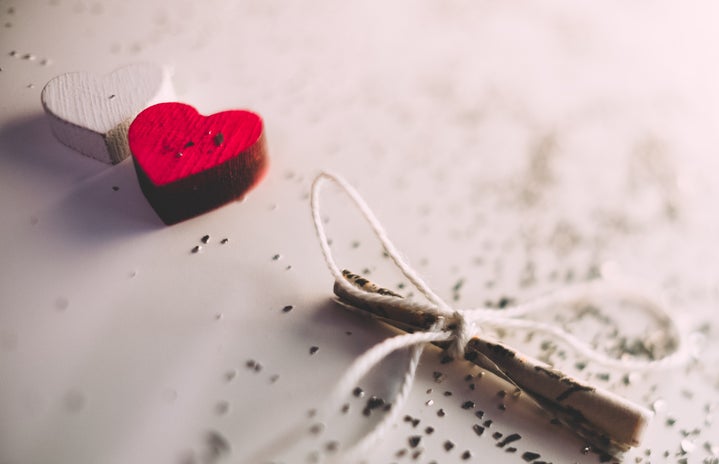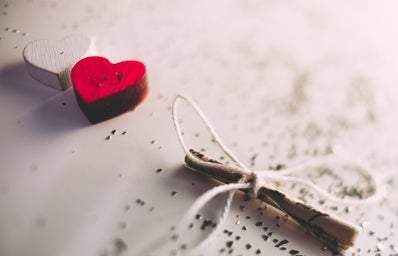Throughout history, female sexuality has been made to be more taboo than male sexuality. We are always more surprised by it, more offended by it, and everyone seems to have an opinion on it. The opinions we have on female sexuality have changed over time and across the world; Although our overall views on sex have changed,there is a clear harsher public scrutiny surrounding sex or sexual behaviors with women. We spend much more time critiquing the sexual activities of Kim Kardashian or Selena Gomez than say, Ed Sheeran or Ansel Elgort. For example, when Kim posted a nude picture, the world (including other women) called her every name in the book, but when Darren Criss posed a picture of his privates just barely covered, we all loved it. A man’s sexuality is accepted as a normal part of him, but a woman’s is viewed as some sort of defining quality: she’s a slut or a prude or a seductress or …
Some of the earliest ideas about female sexuality are some of the most outrageous. In the Middle Ages, female sexuality was associated with evil and sin, especially in certain religious groups. A woman who was too sexual was a woman of the devil, a witch or seductress, who was the opposite of a good, moral Christian woman. Women were supposed to control themselves and not have those urges, and were responsible for making sure sex didn’t happen before marriage. Because boys will be boys, right?
Those ideas were prominent in the Victorian era, when just makeup was seen as scandalous for a woman to wear. We can see these influences still alive today in things like slut shaming. Taking it even further, for a lot of human history, it was widely believed that women didn’t even get pleasure from sex. I think we can debunk this, but it is rooted in a bigger issue.
See, women’s sexuality has always been portrayed as an accessory to men’s. We are the arm candy, the love interest, the girl the hero wants. Even when we have female leads in media, the male usually makes the first moves or fulfills the woman’s need.
We are told that, when a man wants a woman, she’s just an accessory, like wanting a new car, but when a woman wants a man, she needs him to give her happiness or purpose. This perpetuates the idea that a woman’s sexuality is for getting a man or provided for men. We are meant to please, to be the fantasy for him.
This leads to this cultural phenomenon called the orgasm gap. The fact is that, in heterosexual relationships, men tend to get more sexual satisfaction. Some estimate the gap, as stated in the article, at 52 percent. As in, men orgasm 52 percent more. Our sexuality and pleasure isn’t being prioritized. Lesbian and gay relationships, however, tend not to have this issue.
Women today are still working to take our sexuality back. There are women in the media who are expressing their sexuality on their own terms and, although they’re still often called sluts, we are making progress. For example, there are people like Beyoncé who have been praised for their talent while expressing their sexuality.
Women need to be supported in order to feel safe and valid in however they decide to be sexual, whether they want to dress modest or wear short shorts, sleep with people casually or save it till marriage. It is all okay and acceptable. And with things like comprehensive sex ed, every woman can take control of her sexual wants and needs. If we encourage all women (LGBTQ, POC, disabled, etc.) to be honest with their sexuality, we will all be empowered.
Because a woman’s sexuality isn’t something for others or anything dirty: it is an amazing and personal part of herself.


